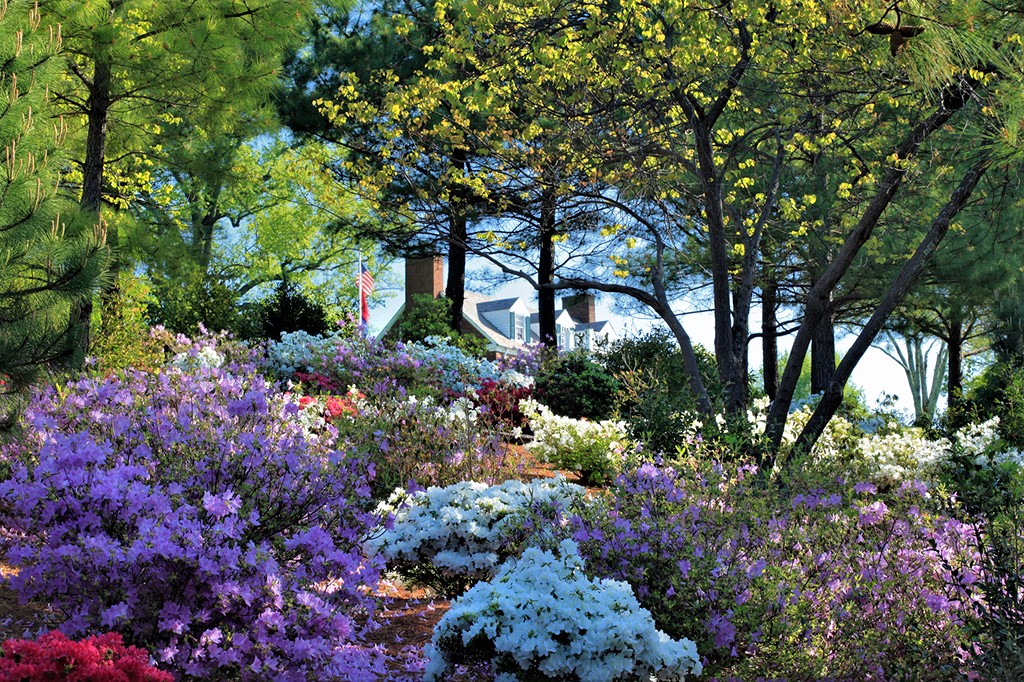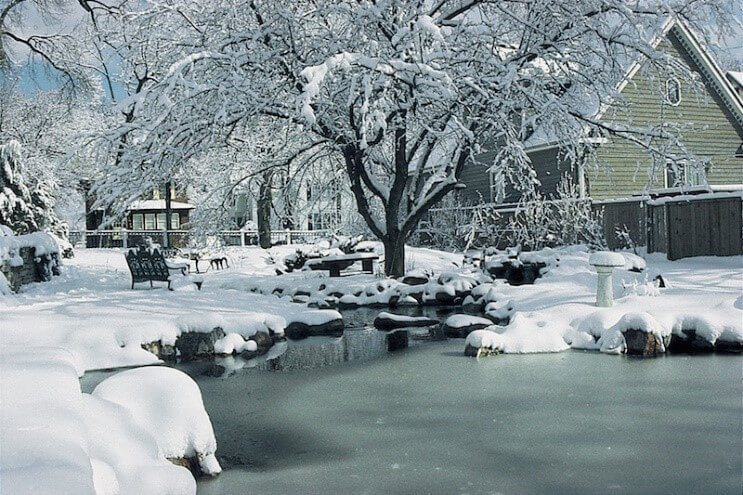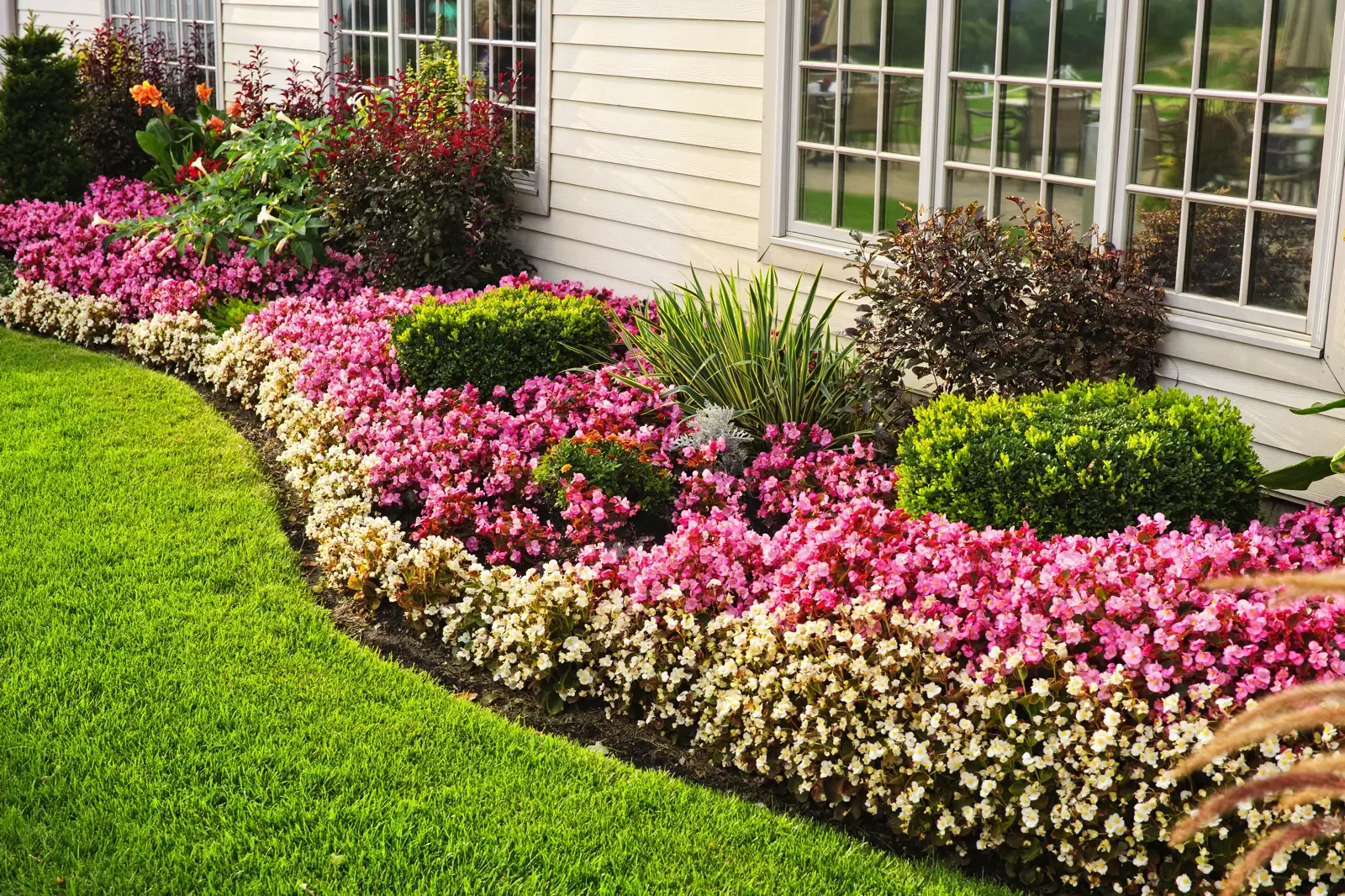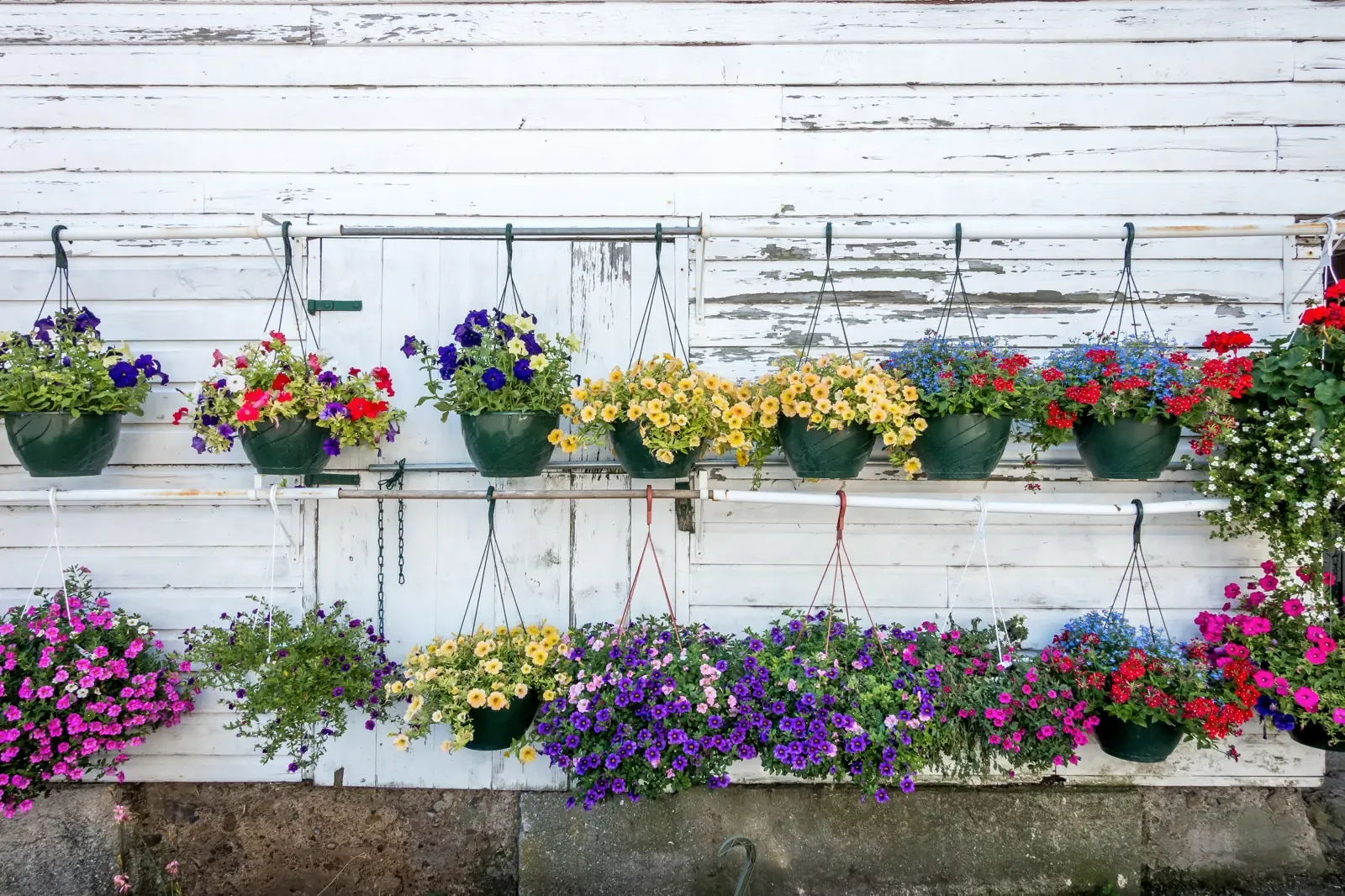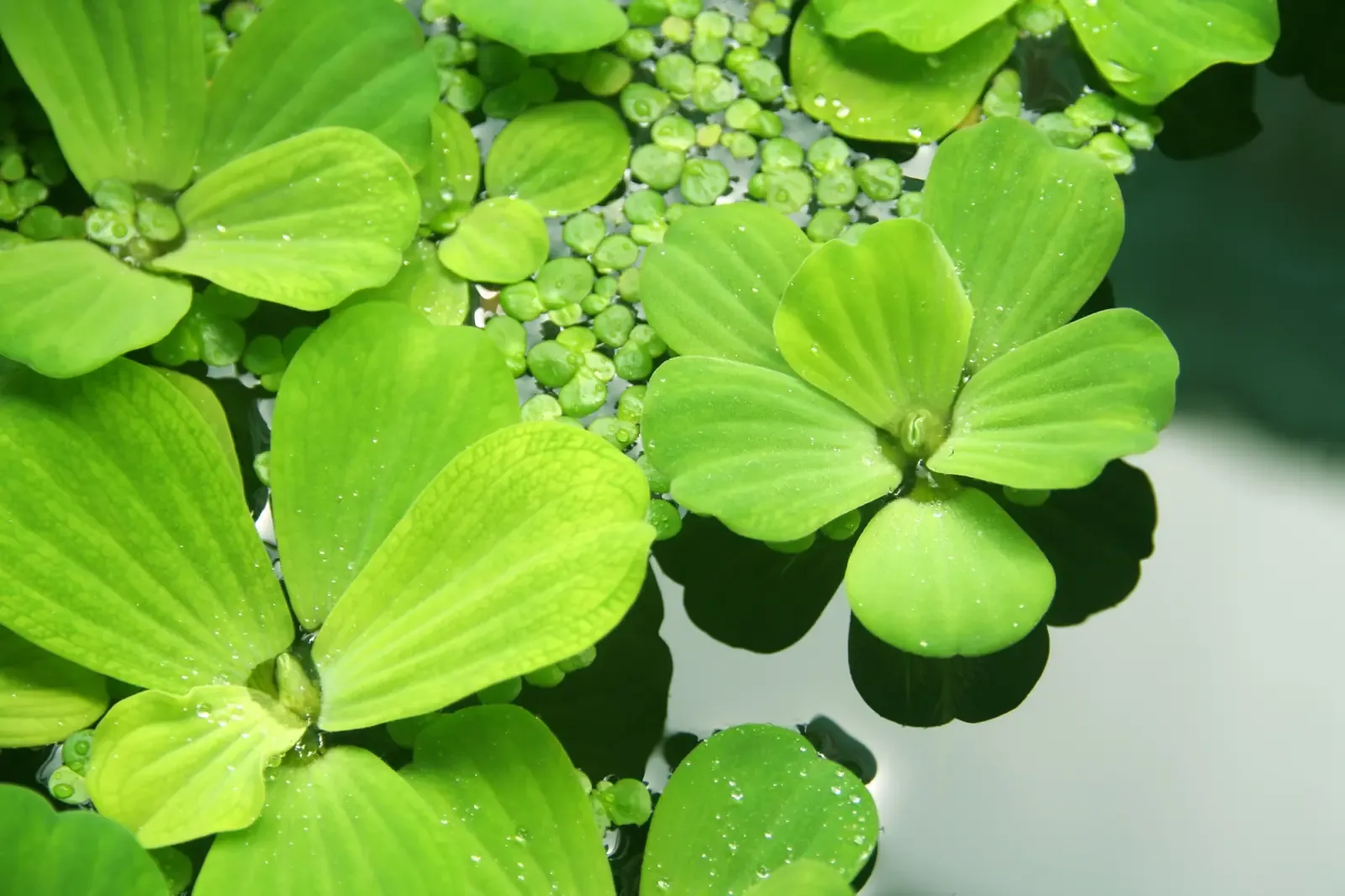Looking For An All Year Round Plant?
It is easy to imagine your landscape in spring and summer. Leaves have flushed out and the show of colors has begun. But have you considered what happens when winter sets in? Does everything go dormant, are you left with zero color in your yard? If yes, consider these for plants to add a little splash of color to the winter landscape.
Red Twig Dogwood
Any variety of Red Twig Dogwood will put on a constant show all year round. In the winter Red Twigs display bright red stems that stand out against any evergreen or planted in a mass of ornamental grasses. Come early spring you will notice little white flowers. Once the flowers fade, the green leaves flush. Depending on the variety, leaves can be variegated or solid green. In the fall the red twig dogwoods produce berries that songbirds like to eat.
Nellie R Stevens Holly
Nellie R Stevens Holly are a staple at Willow Ridge Garden Center. They are such a versatile tree. Nellie’s can be planted to make a screen or planted on the corner of your house as a specimen. If you choose to plant near your house, make sure to consider the mature width so you won’t have issues in the future. The spiny foliage doesn’t deter birds from eating the fruits but, the deer will not be interested.
Creeping Phlox
You should consider planting Creeping Phlox if you want a colorful carpet in your garden come springtime. Creeping Phlox is a low growing ground cover, it maxes out around 8inches tall. There are multiple bloom colors: emerald blue, purple, pink or white. When the five petal flowers are done blooming, they die back to the ground. You will be left with a dense green carpet that creeps around your garden bed.
Boxwood
This popular southern plant can be seen in many formal gardens. There are several different varieties of boxwoods. You will be able to find a variety that meets your needs, from large too small. This shrub is an evergreen and can be easily pruned into hedges and borders. As a bonus for those of us who live in a wooded area, the deer tend to dislike the taste of their bitter leaves.

